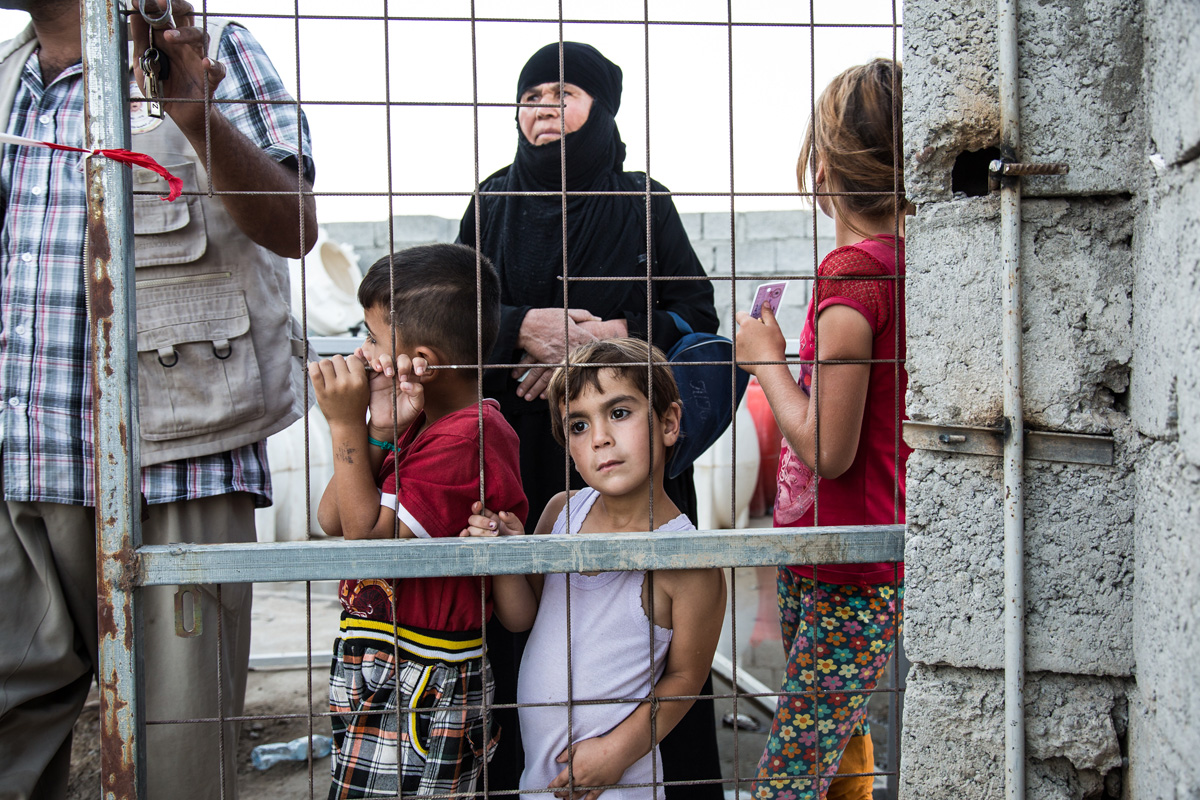-
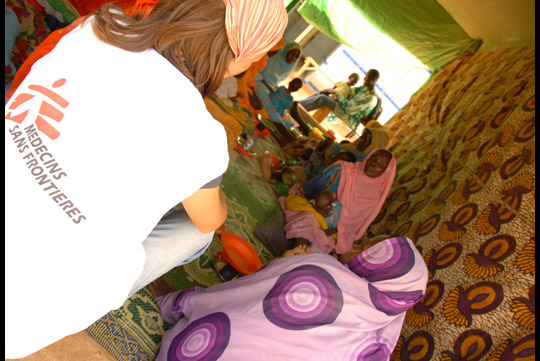
A Day for Those Who Save Lives
August 19, 2010
Today, August 19, marks World Humanitarian Day, a time to honor those who have worked in dedicated life-saving service for displaced people and refugees around the globe. Often the first responders in crises, humanitarian aid workers not only deliver supplies and provide critical medical treatment, but they also become eyewitnesses to history.
-
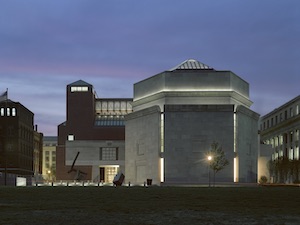
Kenya Votes Yes
August 6, 2010
At a Museum seminar last year on speech, power, and violence, experts discussed how media, particularly local-language radio and text-messaging, spread hate speech in Kenya prior to and during the December 2007 election violence that left more than 1,000 people dead. Political parties in Kenya divide largely along ethnic lines, and anger over the presidential election results erupted into political violence with ethnic overtones. Human rights advocate Maina Kiai explained (in “Hate Speech and the Political Crisis in Kenya,” PDF), "In cases such as Kenya's, the frustration with the way power is wielded and the overt favoritism that communities whose leaders control the state enjoy, make it easier to fuel tensions and conflicts."
-

First Verdict for the Cambodia Tribunal
July 26, 2010
On July 26, the Extraordinary Chambers in the Courts of Cambodia delivered its first verdict for the crimes committed under the Khmer Rouge, who were responsible for at least 1.5 million deaths from 1975 - 1979. The UN-backed tribunal sentenced former prison commander Kaing Guek Eav, known as Duch, to 35 years of imprisonment for crimes against humanity and war crimes.
-

Forward or Backward in the Balkans?
July 19, 2010
On Thursday, the Museum and the National Endowment for Democracy hosted a conference to mark the 15th anniversary of the genocide at Srebrenica. Antony Blinken, National Security Advisor to Vice President Biden, delivered the keynote address. Here are some highlights from the speech:
-
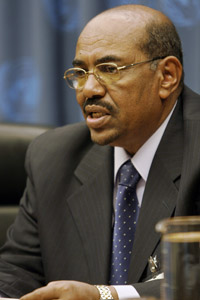
An Important Step Towards Accountability
July 13, 2010
The United States Holocaust Memorial Museum yesterday characterized the decision by the International Criminal Court to include three counts of genocide in a new arrest warrant for Sudanese President Omar Al Bashir as an important step towards holding leaders accountable for such egregious crimes.
-

Kyrgyzstan’s Racial Violence Could Have Been Prevented
June 18, 2010
In a column for GlobalPost, Bridget Conley-Zilkic, director of research and projects with the Museum's genocide prevention program, writes about how the world might have foreseen the recent outbreak of violence in Kyrgyzstan. For more information about how the U.S. can strengthen its capacity to prevent genocide and mass atrocities, view the Genocide Prevention Task Force.
-
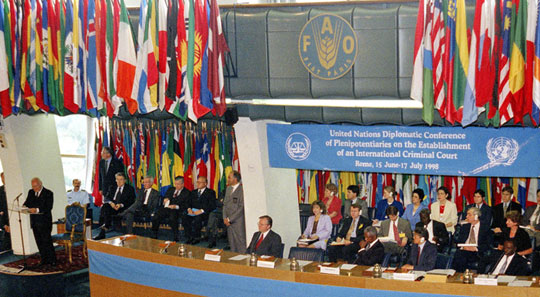
Making Good on Nuremberg: Impressions from the ICC Review Conference in Kampala
June 9, 2010
Mike Abramowitz, Director of the Museum's Committee on Conscience, recently returned from Kampala, Uganda, where, as observers, Museum staff attended the Review Conference for the International Criminal Court. In a piece published in The Atlantic, Abramowitz discusses the Conference's significance and the challenges ahead, particularly over the fourth crime identified under the jurisdiction of the Court: the crime of aggression. Abramowitz also writes about meeting two women from northern Uganda, where the Lord's Resistance Army has murdered over twenty thousand people and abducted tens of thousands of children in the last twenty years.
-

Museum Statement on the 2010 National Security Strategy
June 4, 2010
As part of its new National Security Strategy (NSS), the Obama administration has committed the United States to engaging “proactively” with the international community to prevent mass atrocities and genocide.
-

Election Results from Sudan and the Challenges that Follow
April 30, 2010
Omar al-Bashir, who originally came to power in a 1989 military coup, won Sudan's presidency with an official vote count of 68%. The unsurprising outcome was widely criticized by international observers who cited election-related reports of intimidation, gerrymandering, and fraud. In South Sudan, incumbent candidate Salva Kiir won 93% of the vote to remain in office as president of the semiautonomous region, which is expected to vote for succession from Sudan next year. Leaders and parties in the south, however, are hardly united on the region's internal issues. Nine southern opposition parties have decided to challenge Mr. Kiir's victory -- and the count of 93% -- in court.
-

Days of Remembrance: Progress report with Roméo Dallaire
April 29, 2010
In commemoration of the 65th anniversary of the liberation of Nazi concentration camps, the U.S. Holocaust Memorial Museum designated Stories of Freedom: What You Do Matters as the theme for Days of Remembrance 2010. Among the events the Museum held was an interview by Michael Abramowitz, Director of the Committee on Conscience at the Museum, with General Roméo Dallaire, former commander of the UN peacekeeping force in Rwanda during the genocide in 1994. General Dallaire spoke about his experiences in Rwanda 16 years ago and the importance of increasing the will and capacity in government to respond to genocide today.
